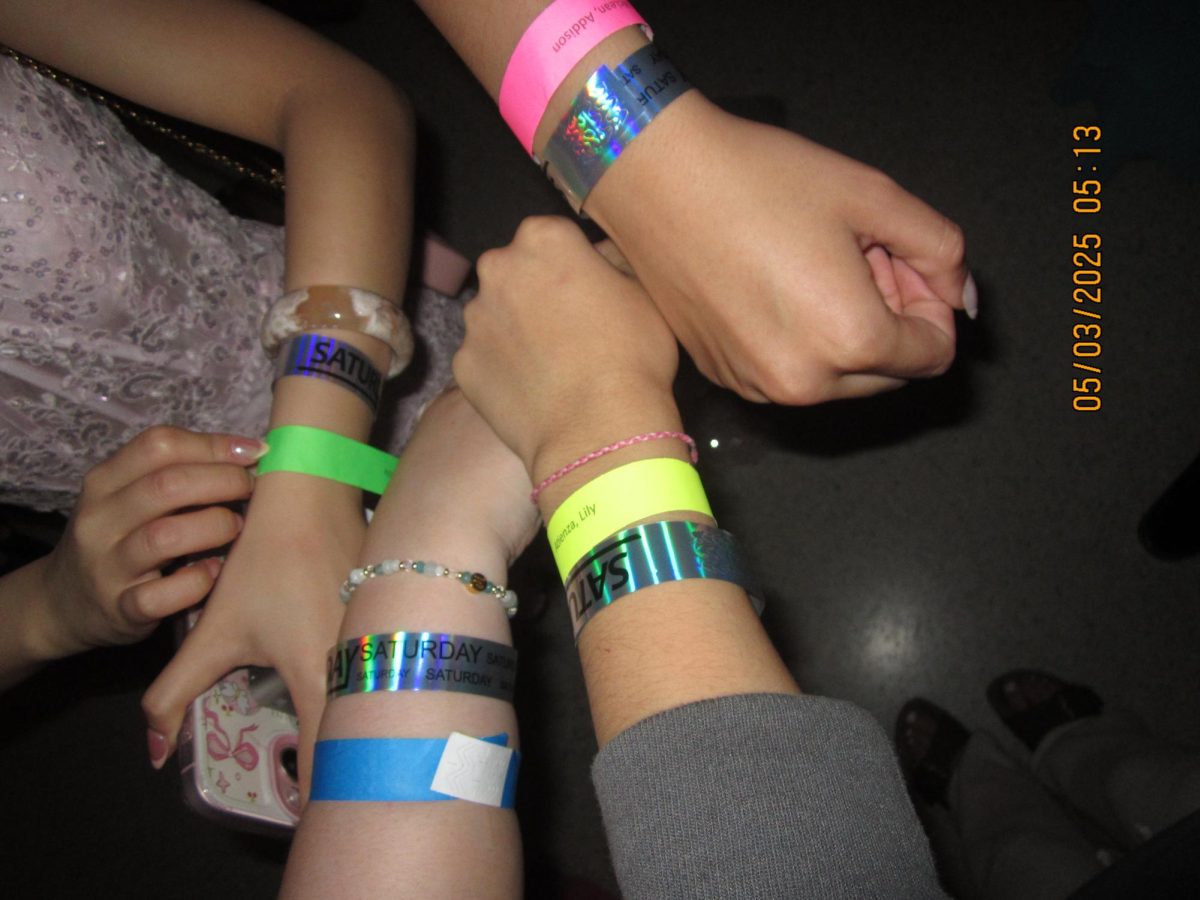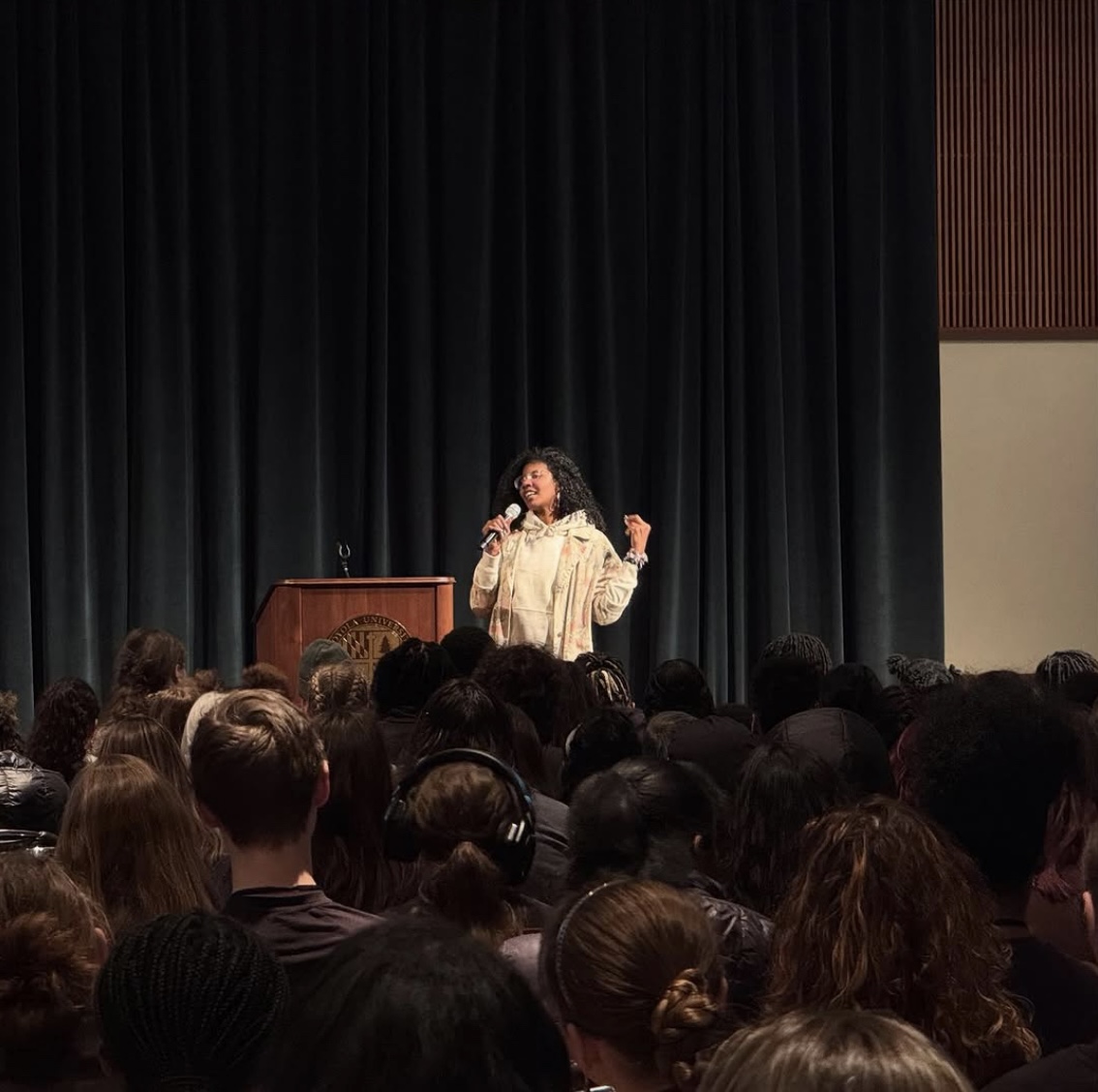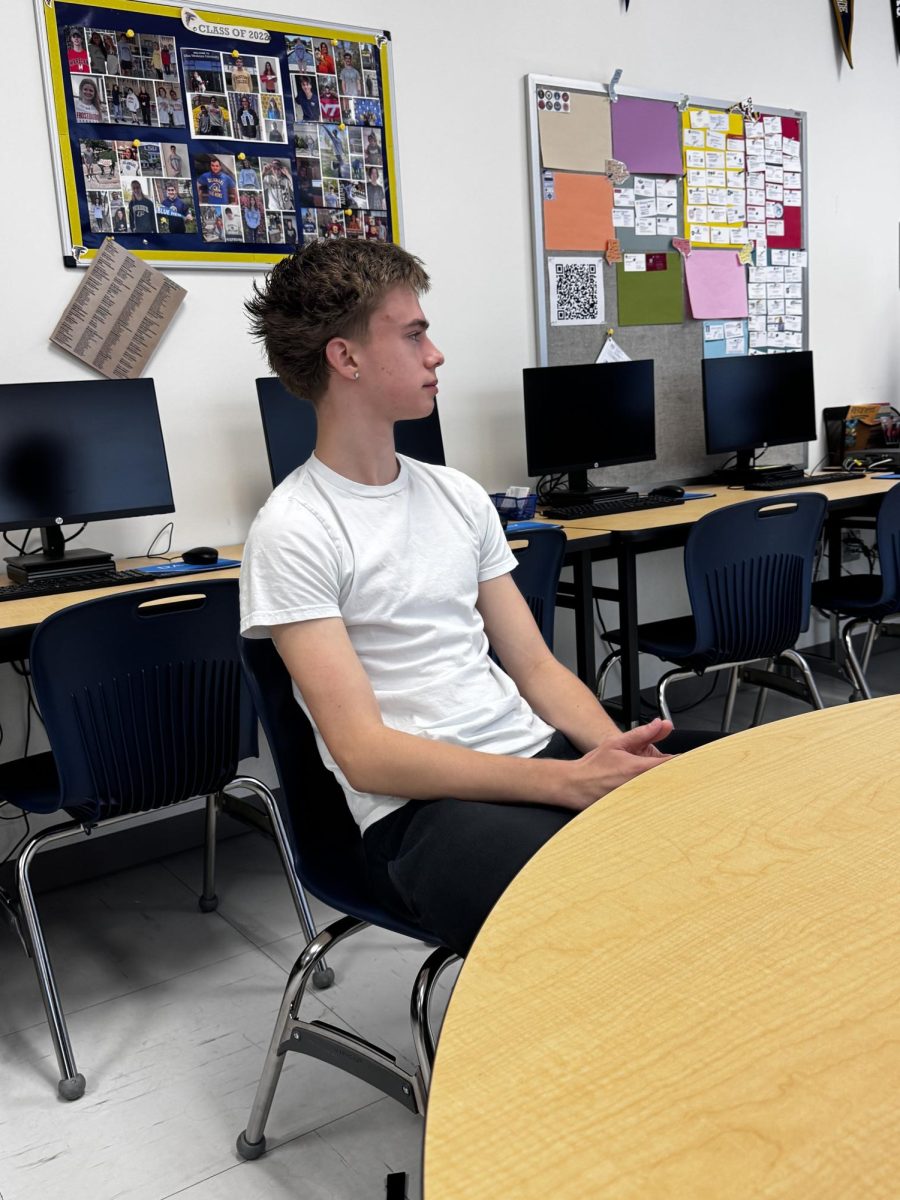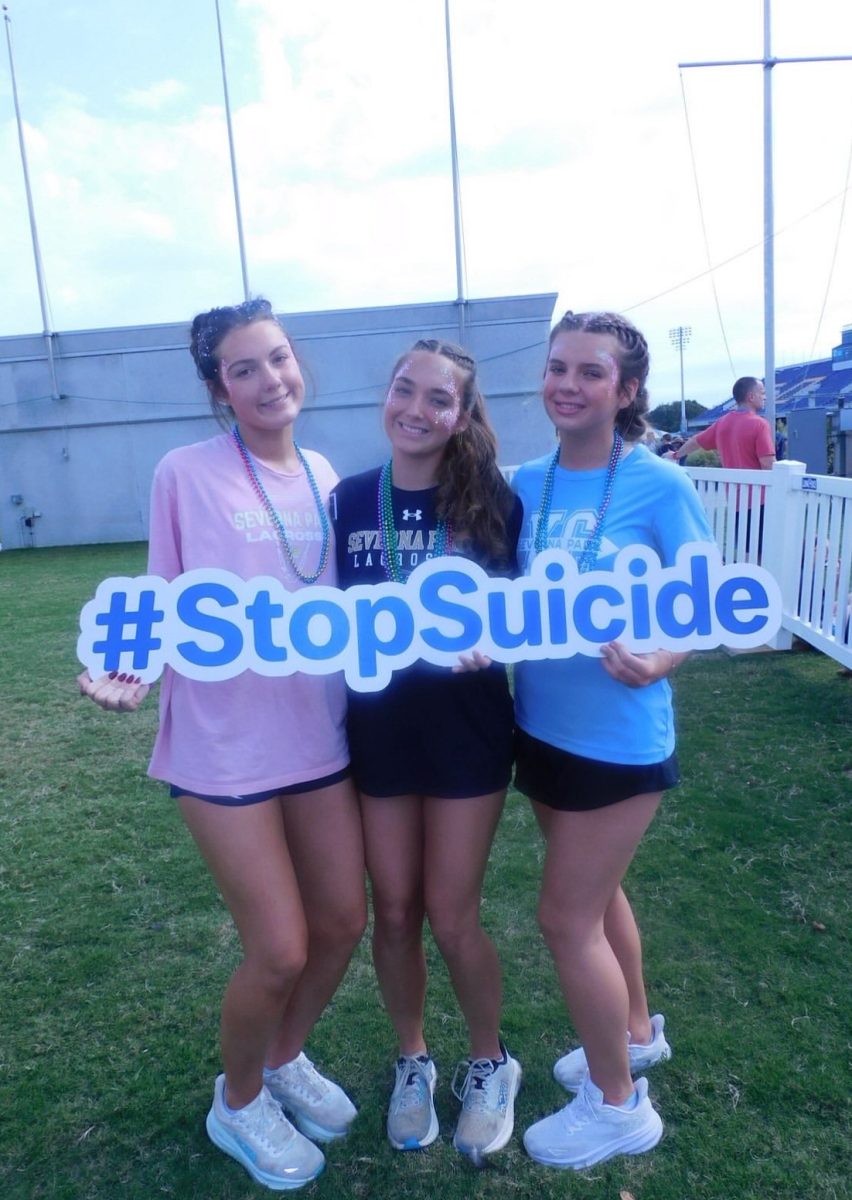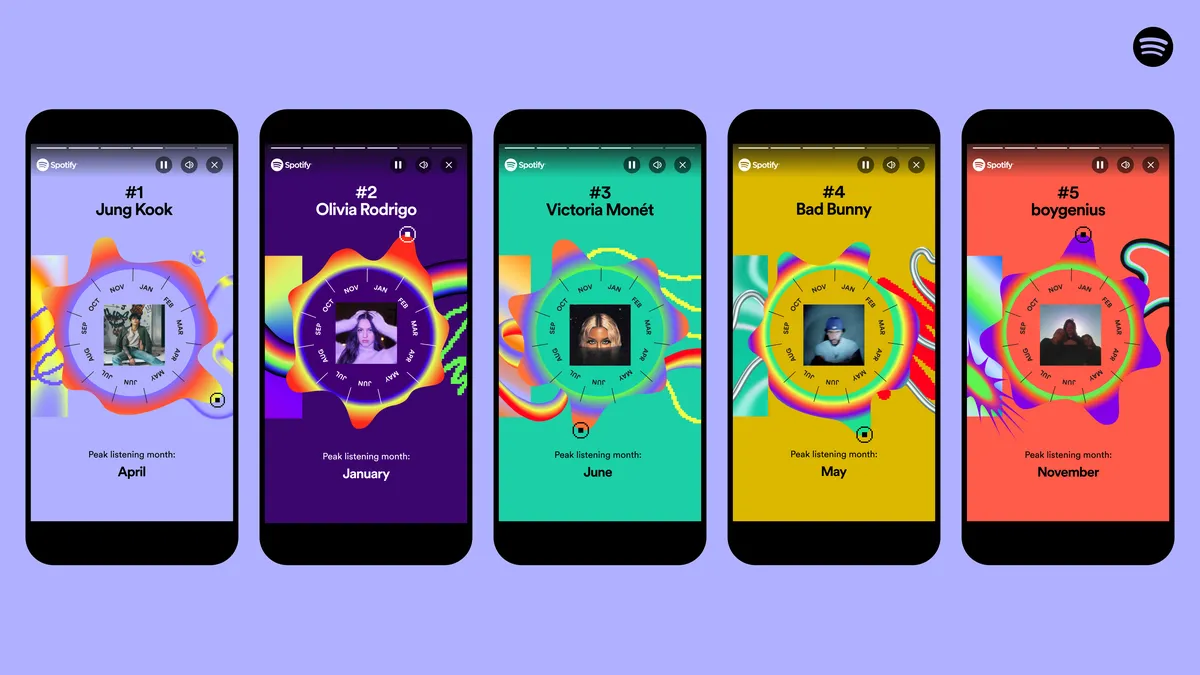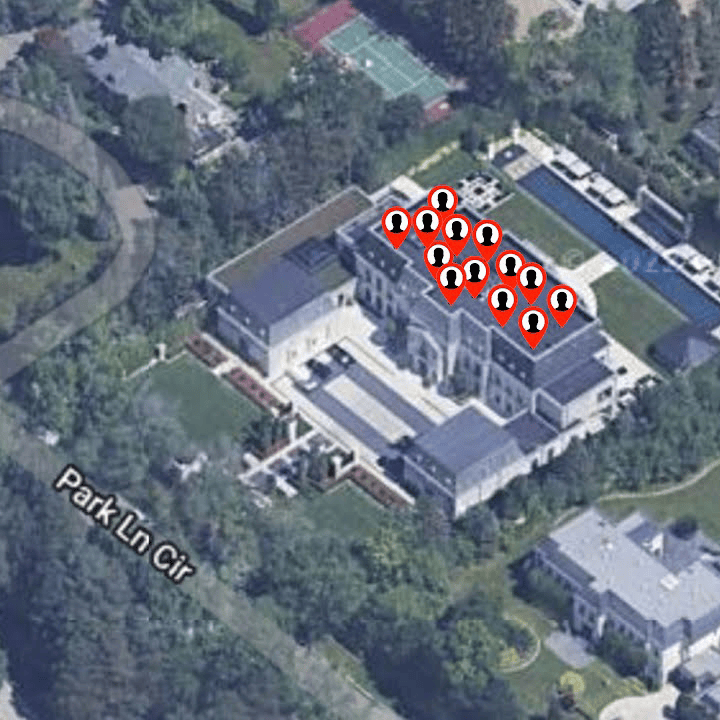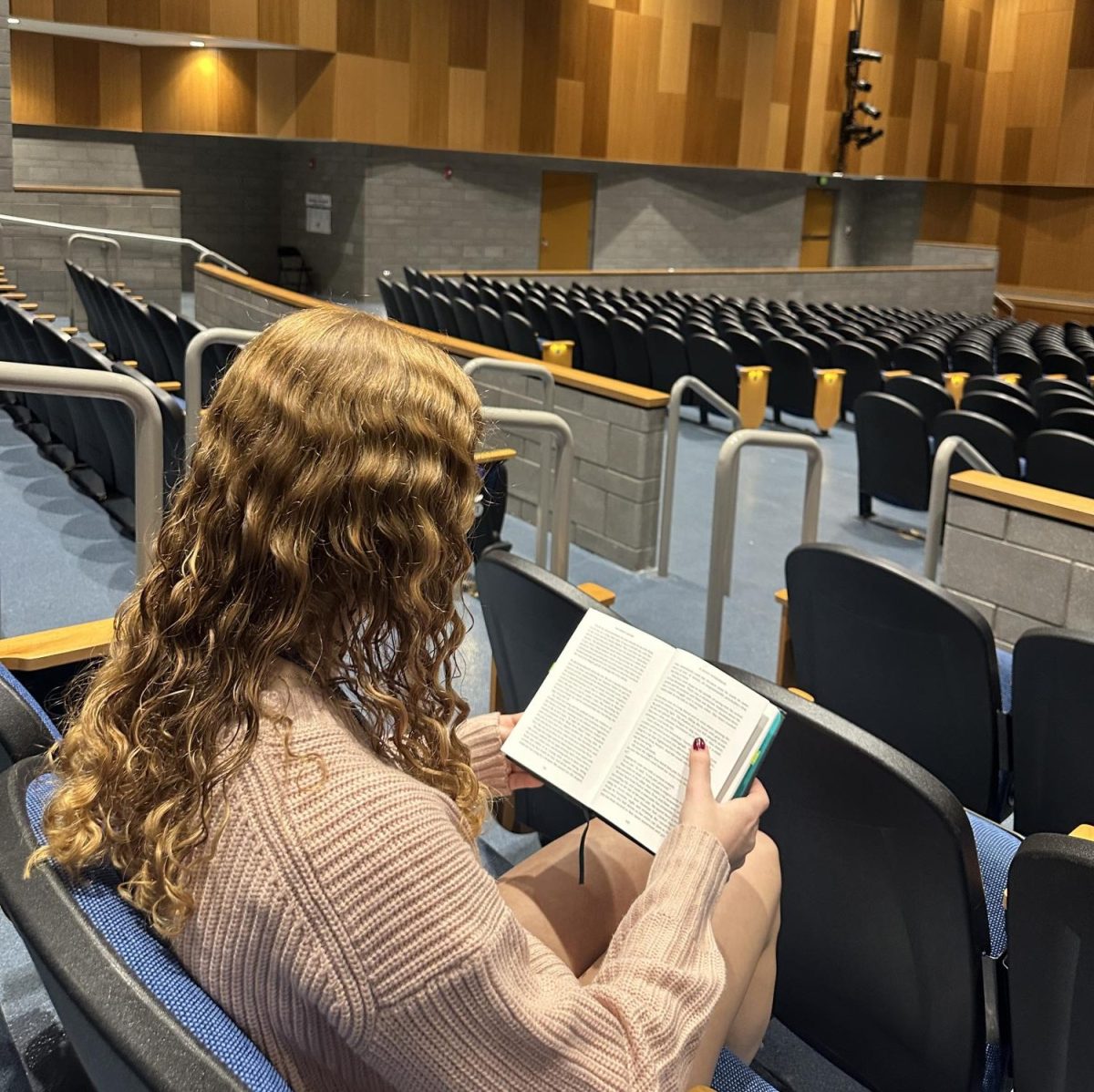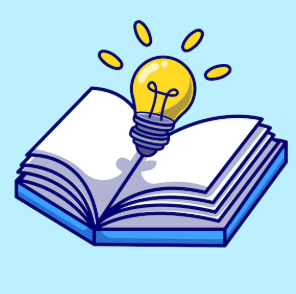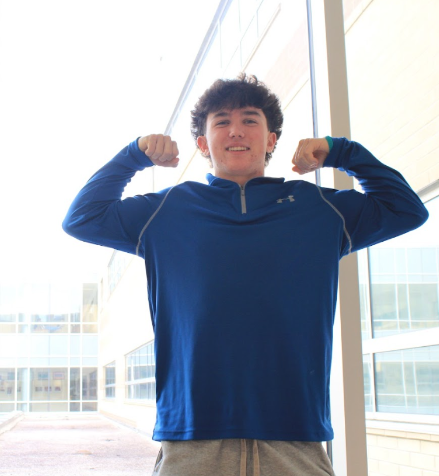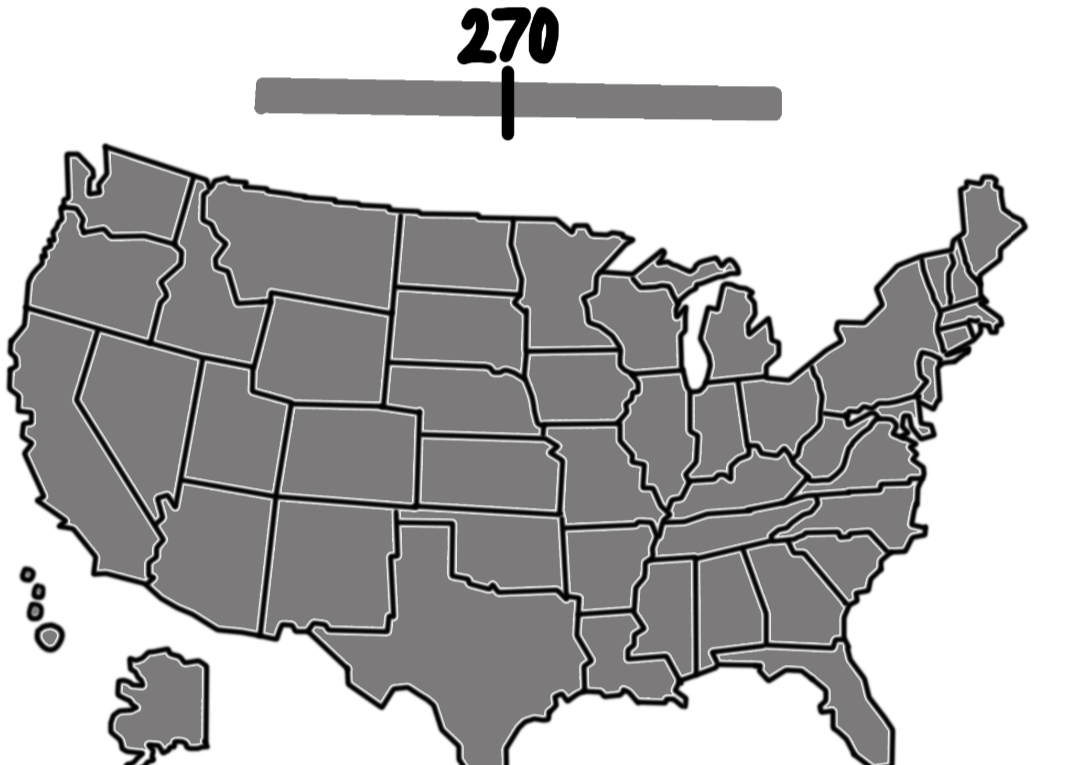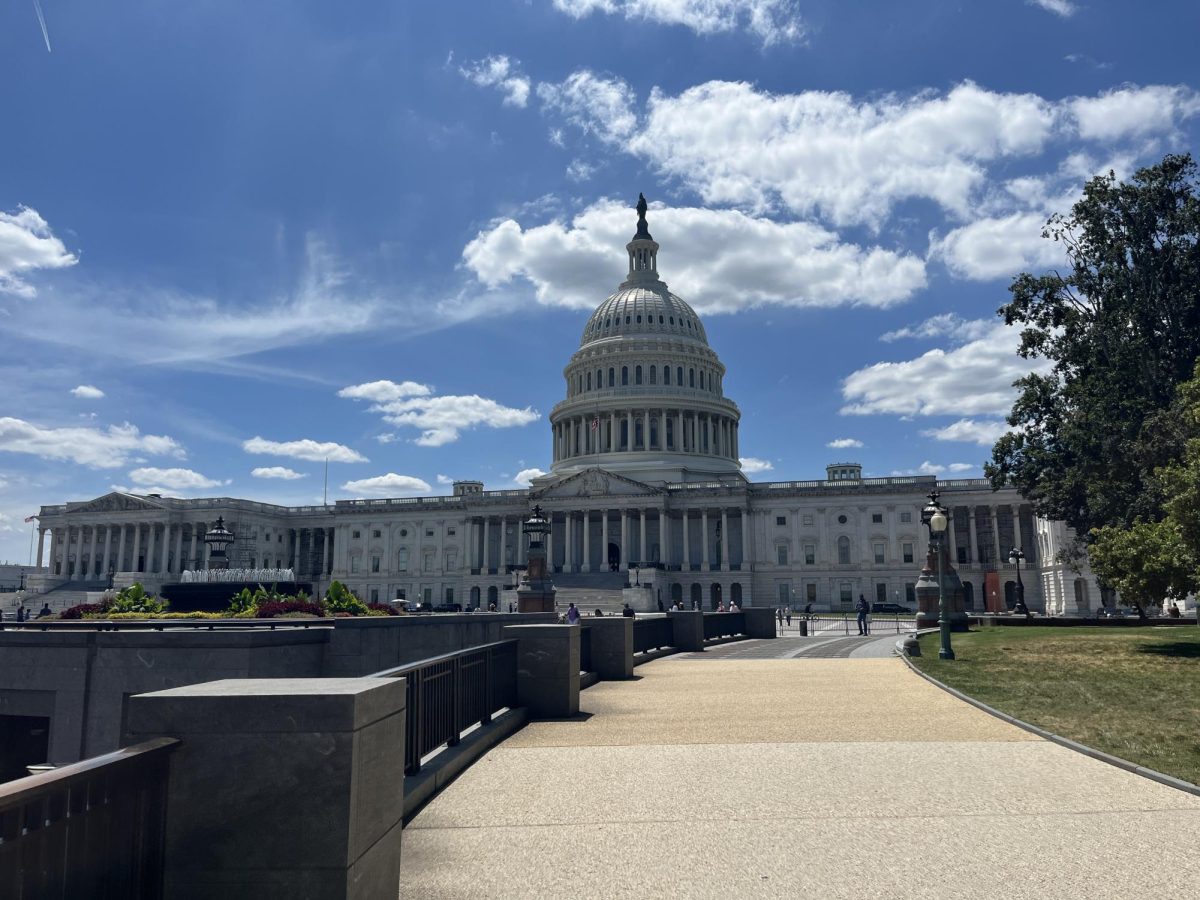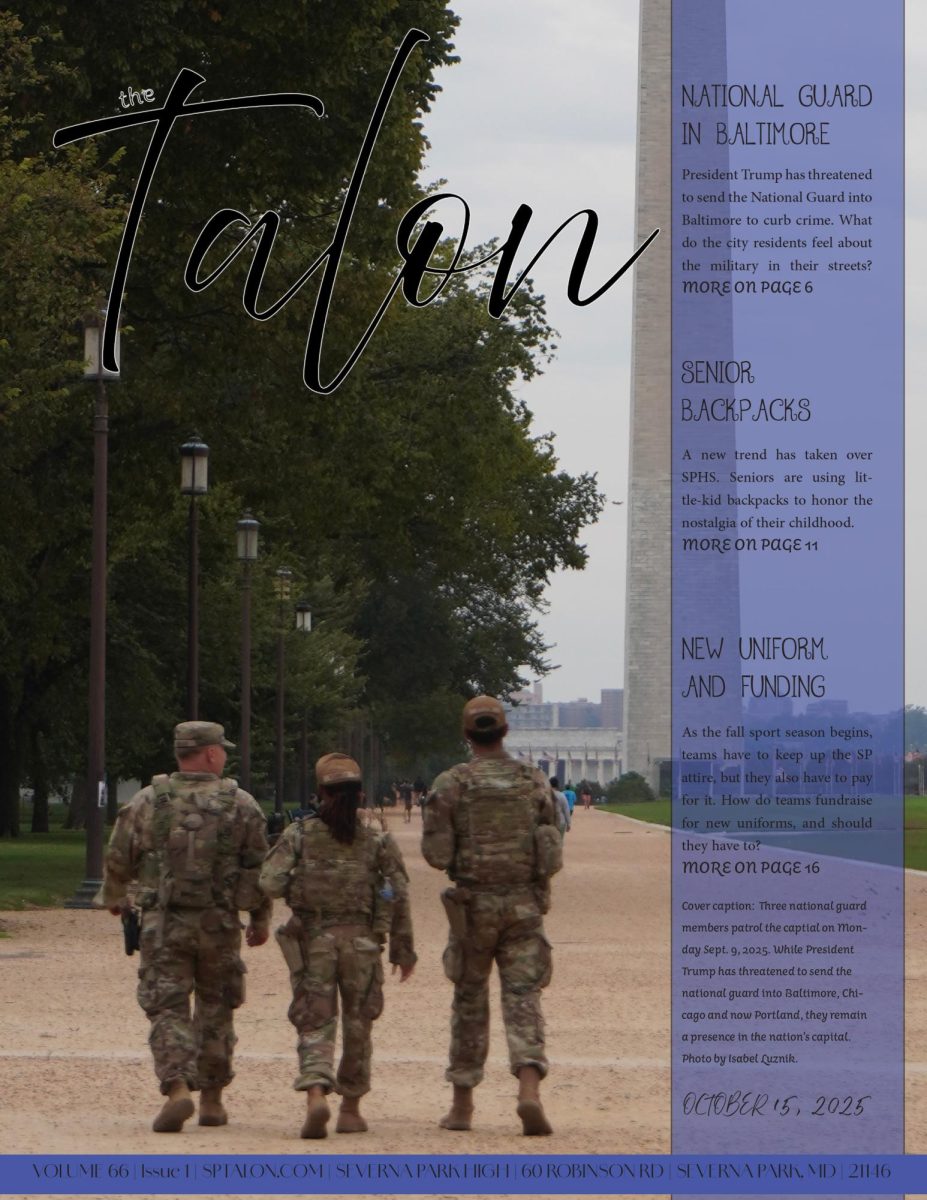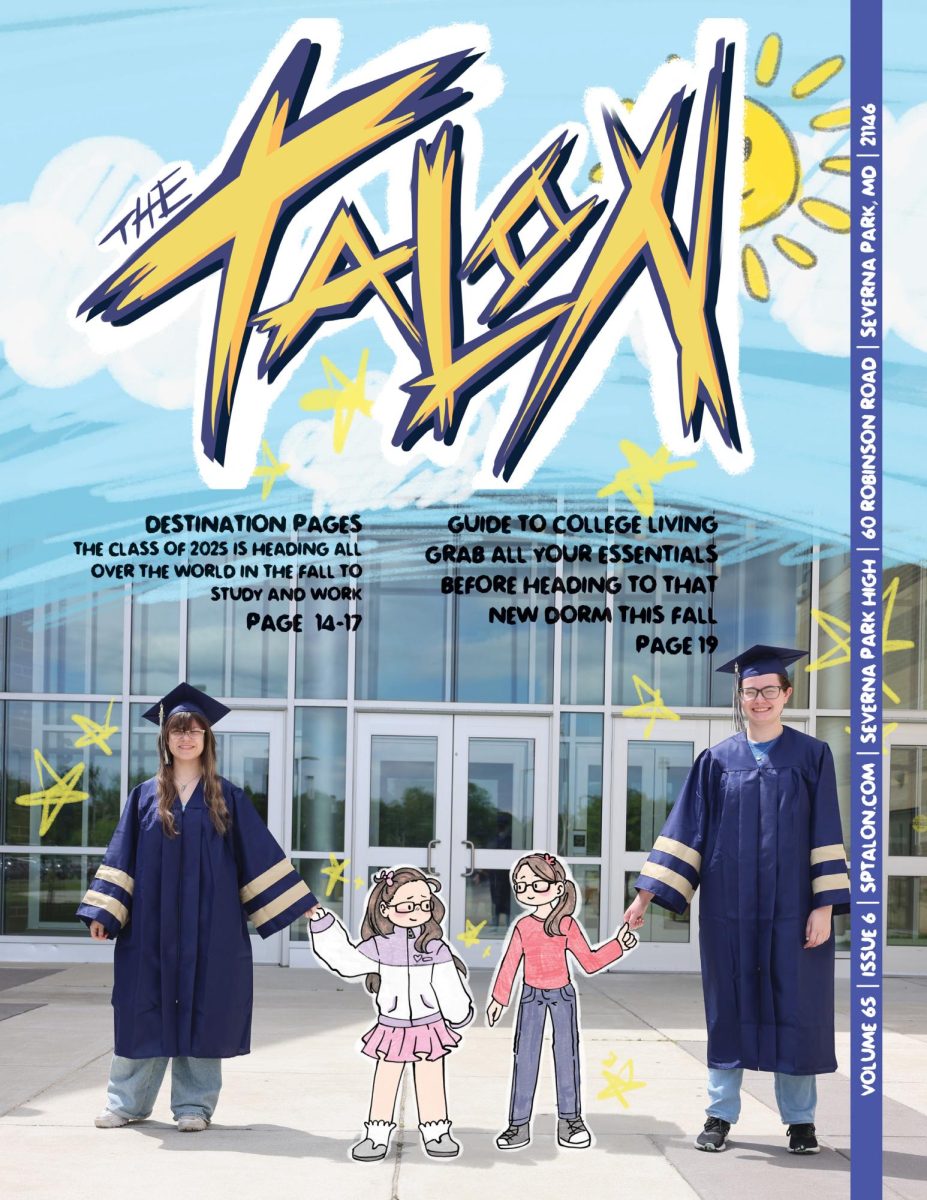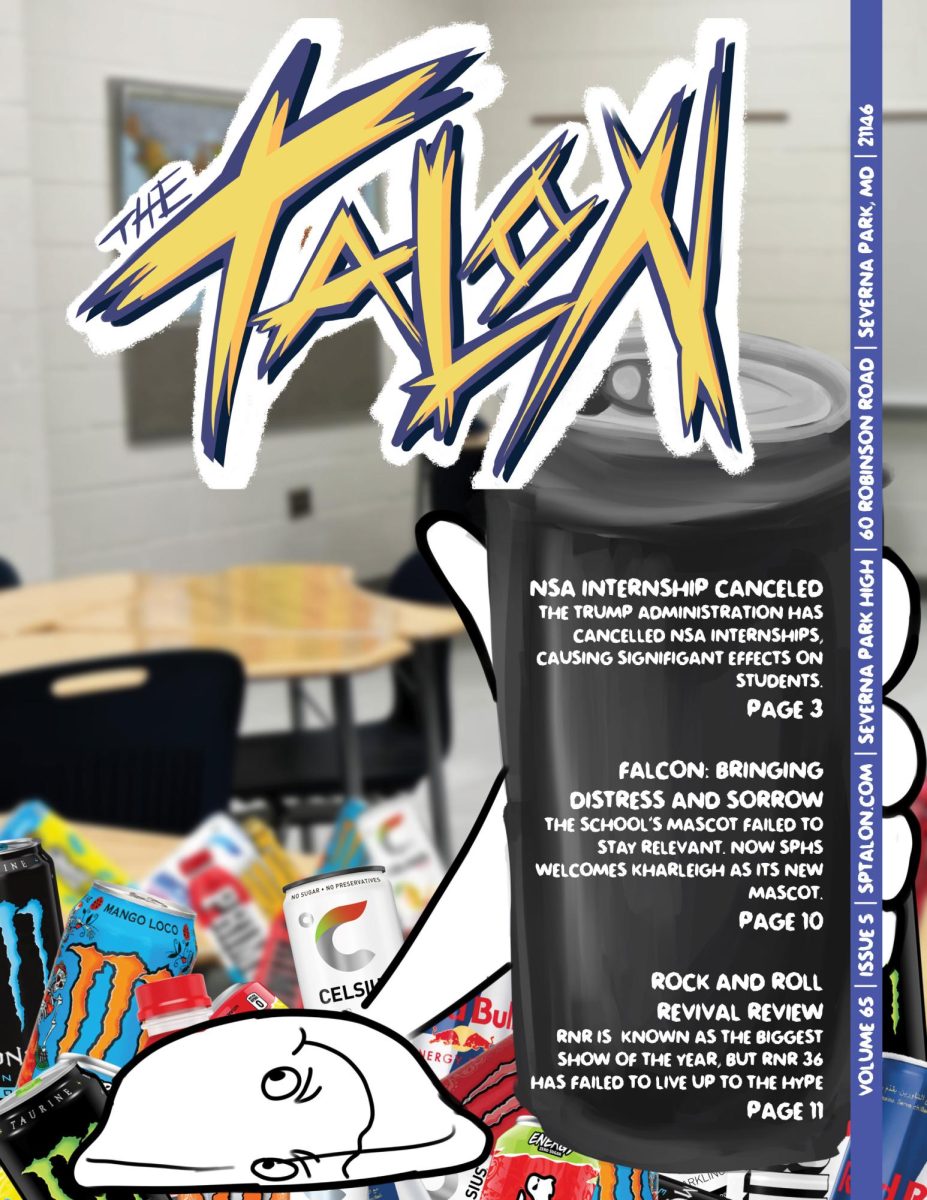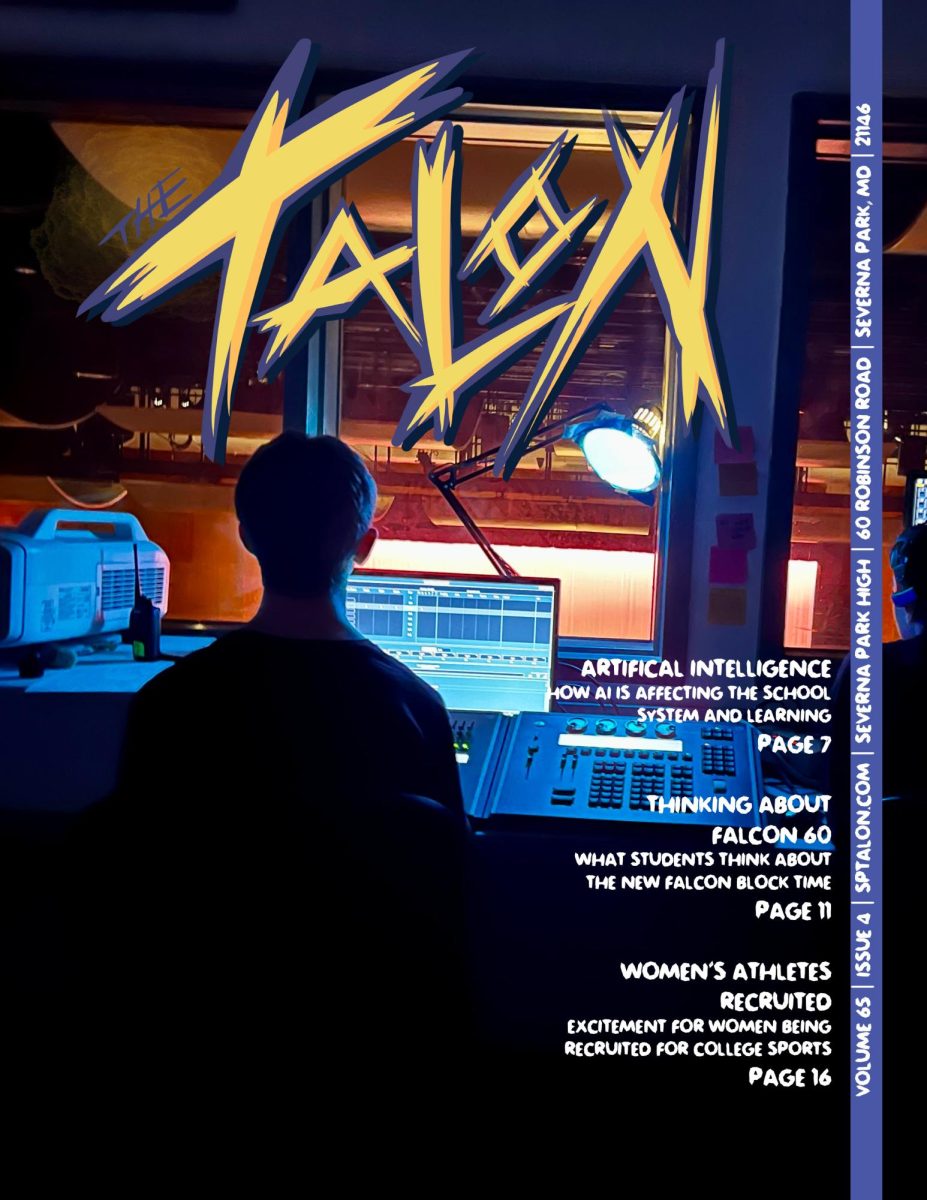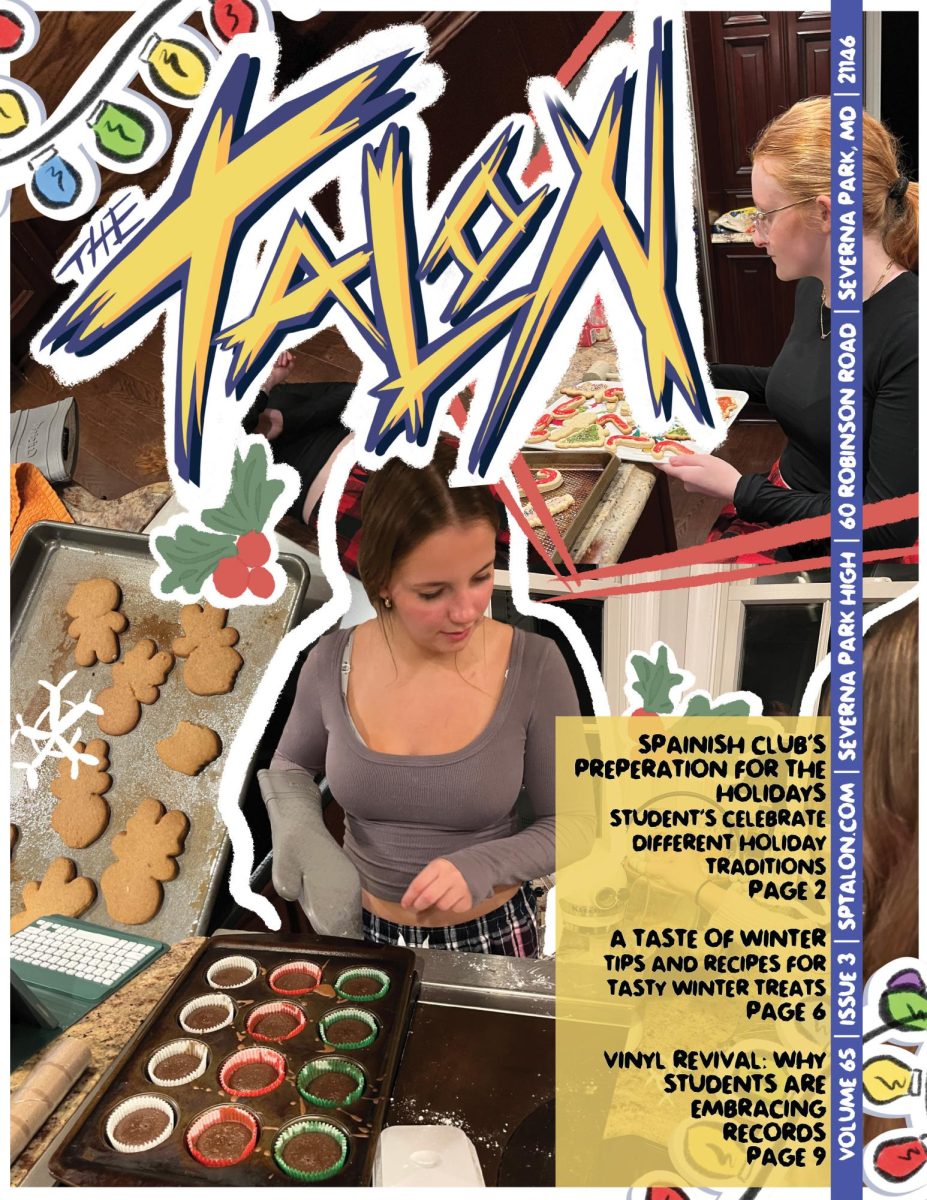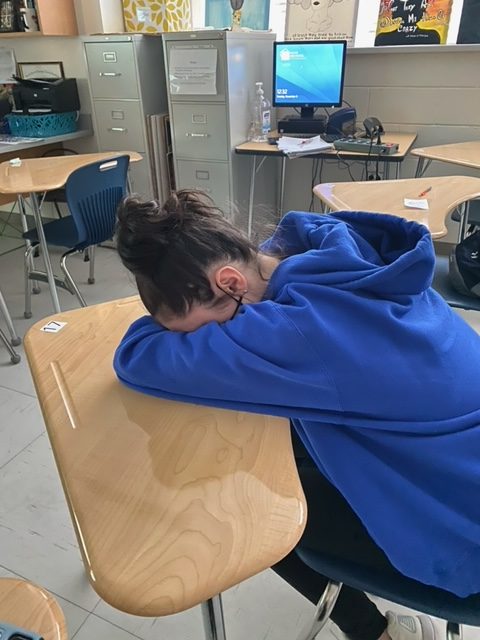Sleep, Necessary but Never Enough
How lack of sleep can affect your brain and how students cope with sleep deprivation.
Students like Maddy Matassa often don’t get enough sleep. This can result in microsleep and being unable to focus in class. “Juggling school and sports with the homework and studying on top of that makes it challenging to find time for me, especially sleep,” Maddy said. Photo by Zoe Philip
November 30, 2021
Sleep, and getting enough of it, is a known issue for teenagers. With extracurriculars and loads of homework, there never seems to be enough time for what students want to do, or even just getting enough sleep at night. But, sleep is still necessary and not getting enough of it can affect how your brain functions. Here are some facts on why you feel so off after pulling an all nighter or staying up late to study.
Your Brain and Sleep
Sleep is vital for your brain’s ability to recover and impacts everything from memory to reaction time. There are different cycles of sleep, with three stages occurring before you even get to REM (rapid eye movement) sleep. This stage is extremely important since this is where your brain is able to reset itself and prepare for the next day. When you don’t sleep enough it messes with your sleep schedule and cycle, preventing the brain from releasing the right chemicals to help you recuperate (Suni). Without this reset, functions such as memory, reaction time and energy levels can be harshly affected, especially over a long duration of time. Dozing off accidentally, otherwise known as microsleep, is also a problematic side effect of sleep deprivation, according to Eric Suni, author of “How Lack of Sleep Impacts Cognitive Performance and Function.” Let’s take a look at why some students are up till the late hours.
Too Much To Do
Many students at Severna Park participate in numerous extracurriculars and paired with homework, jobs and early start times, it seems there just aren’t enough hours in the day. Numerous studies have shown that teenagers are wired to function better at night, and are not able to work as well unless they wake up at a later time. With some students only getting four to six hours a night, later wake up times could really help them to get through the day. Although school start times for Anne Arundel County were originally supposed to change to 8:30am starting the second semester of the 2021-2022 school year, this decision was recently delayed to start during the 2022-2023 school year. Once this new time is set in place, students could have more time to complete work at night without as much stress about waking up early.
Coping Mechanisms
Many students use caffeine to stay awake, using anything from coffee to energy drinks to keep themselves going. Other students like senior Maggie Tanner “just kind of push through it,” when tired. Caffeine doesn’t have the same effect on everyone and for some it makes them feel “jittery and not awake,” Tanner said. For people like Tanner who don’t love caffeine, there are a few suggestions from the Mayo Clinic on what else you can do to get through your day.
- Stick to a schedule. If you’re able to keep your wake up and lights out times within an hour of your regular routine, it’ll be easier to fall asleep when you need to.
- Don’t drink caffeine after 3pm. Caffeine stays in your system for hours, so not drinking it later in the day makes it easier to get good sleep sooner.
- Stay active during the day. Exercising and getting outside can help your body fall asleep at night and keep you feeling refreshed during the day.
Ideally teenagers should be getting eight to ten hours of sleep a night, but student’s busy lifestyles make that very difficult. But with REM cycles and other vital processes happening during sleep, it’s important to try and get as much sleep as possible in order to learn and grow properly as students.
Sources:
Suni, Eric. “How Lack of Sleep Impacts Cognitive Performance and Function.”
Edited by Dr. Nilong Vyas. Sleep Foundation, Dec. 2020,
www.sleepfoundation.org/sleep-deprivation/
Lack-of-sleep-and-cognitive-impairment.
Peri, Camille. “What Lack of Sleep Does to Your Mind.” WebMD, June 2021,
www.webmd.com/sleep-disorders/features/emotions-cognitive.


